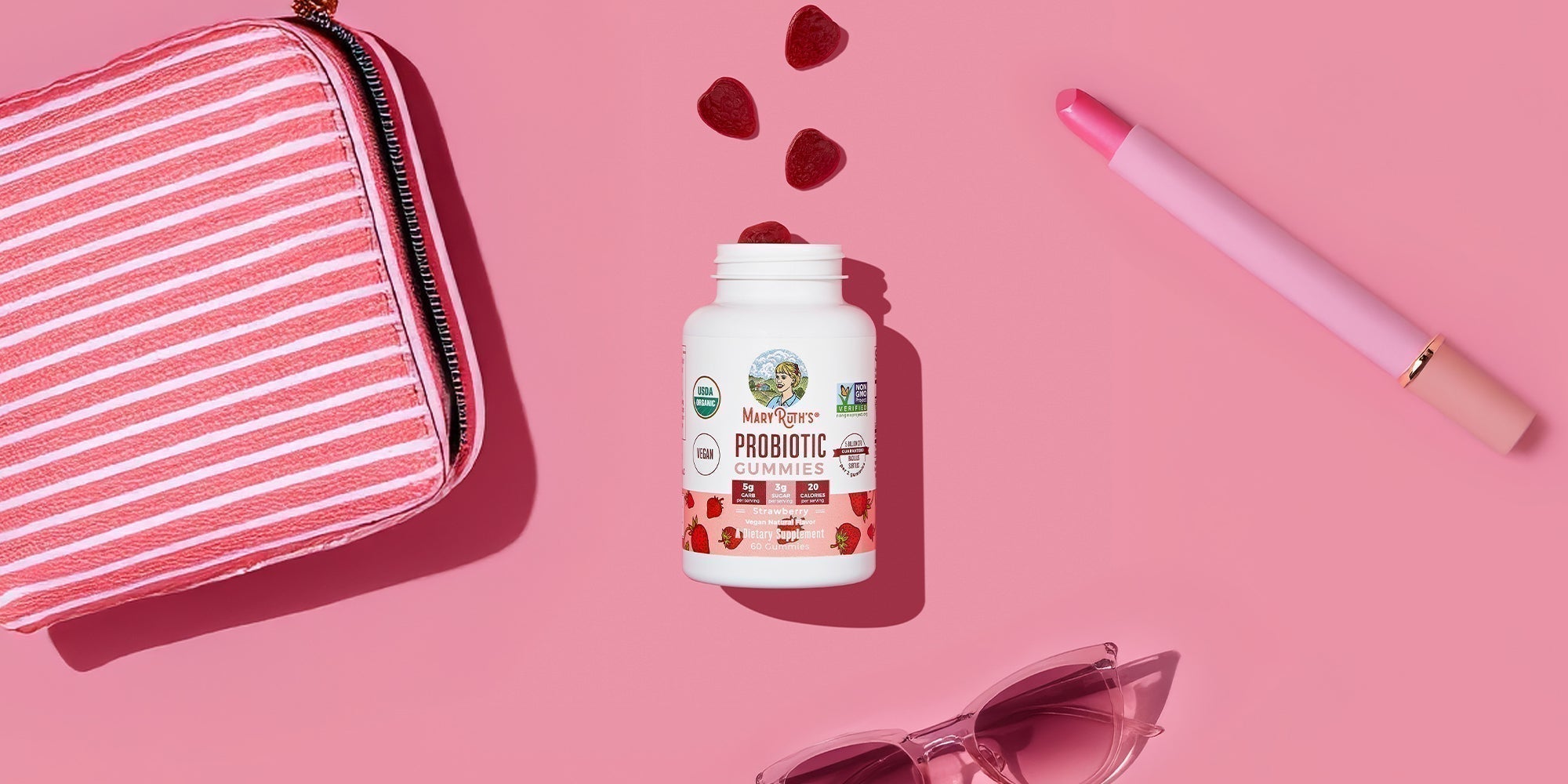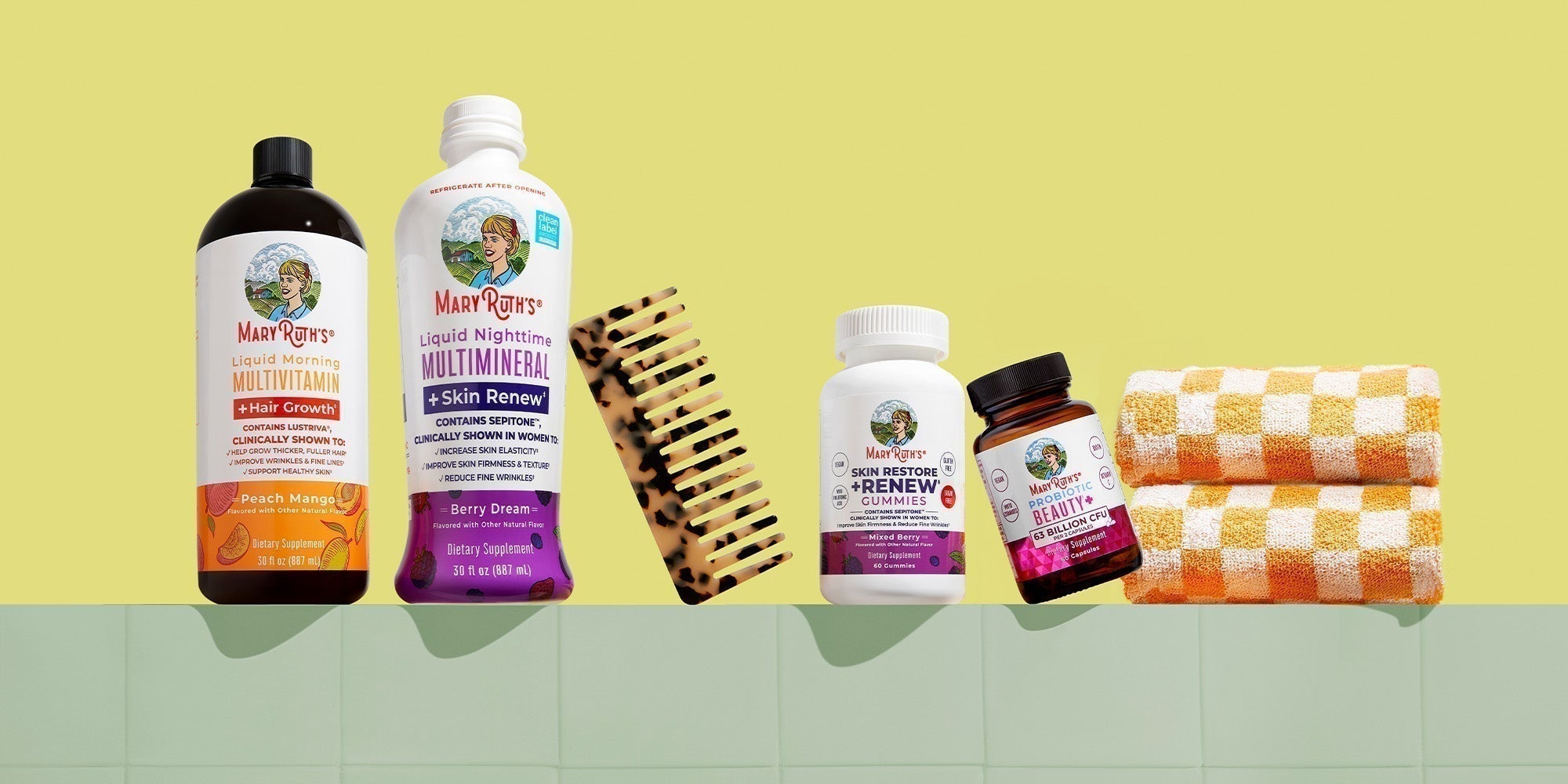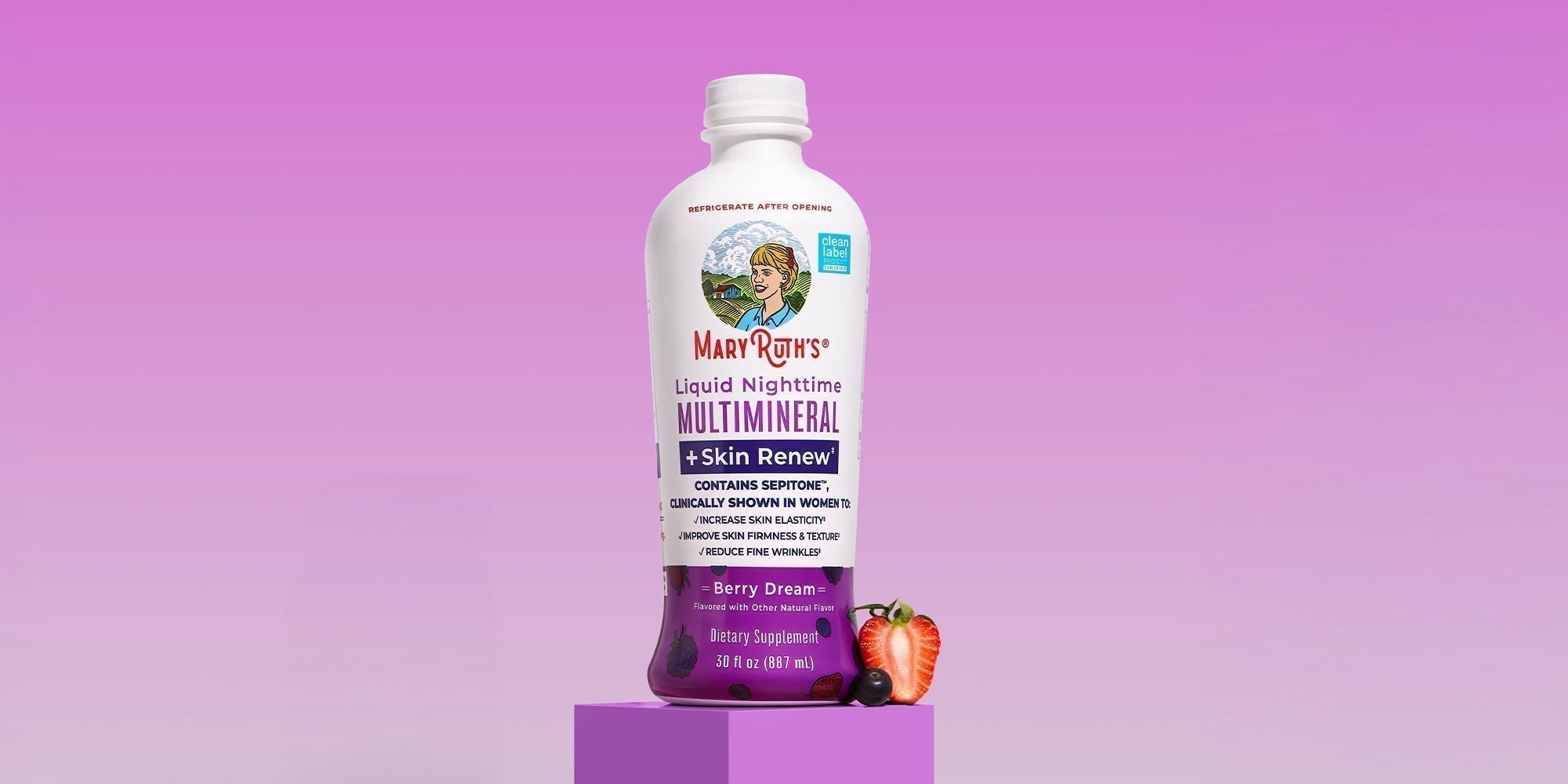Have you ever noticed FDA disclaimers on your favorite vitamins and supplements? The disclaimer may read something like the one you will find on our website:
“The statements made on this website have not been evaluated by the U.S. Food and Drug Administration. The efficacy of these products has not been confirmed by FDA-approved research. These products are not intended to diagnose, treat, cure or prevent any disease. All information presented here is not meant as a substitute for or alternative to information from health care practitioners. Please consult your health care professional about potential interactions or other possible complications before using any product.”
Don’t let this statement deter you — it doesn’t necessarily mean that the supplements accompanied by this disclaimer are unsafe. In fact, a disclaimer is required by law for dietary supplements.
What is the Difference Between a Drug and a Supplement?
First, let’s quickly differentiate what is considered a drug and what is a supplement. The FDA (U.S. Food and Drug Administration) defines a supplement as “a product taken by mouth that contains a "dietary ingredient" intended to supplement the diet.” A dietary supplement includes one or more of the following: vitamins, minerals, herbs (or other botanicals), amino acids, concentrates, metabolites, constituents or extracts, and other dietary substances used to increase dietary intake (ex: enzymes).
On the other hand, they define drugs as “articles intended for use in the diagnosis, cure, mitigation, treatment, or prevention of disease” and “articles (other than food) intended to affect the structure or any function of the body of man or other animals.”
The FDA regulates both drugs and supplements, but drugs are more heavily regulated and must be proven safe and effective before hitting the market, while dietary supplements are not required to be approved by the FDA prior to being released.
Here, we are going to further explain the FDA’s role in the supplement industry and the regulations in place to help keep supplements safe.
What is the FDA and What Is Its Role in the Supplement Industry?
The U.S. Food & Drug Administration (FDA) is a federal agency of the Department of Health and Human Services. The FDA’s mission can be found on its website; it outlines all of its responsibilities and goals to protect the public’s health.
In 1994, Congress enacted the Dietary Supplement Health and Education Act (DSHEA), putting the FDA in charge of regulating supplements. But what exactly does this mean?
Why Don’t Supplements Say ‘FDA-Approved’?
As noted on their website, the FDA does not legally authorize or approve dietary supplements, though they are responsible for regulating supplements. This means that if a supplement is misbranded or makes illegal promotional claims, or if it is found to be unsafe, the FDA may take the supplement off the market and take legal action against the makers of the product.
Supplement Claims: What Supplements Can and Cannot Claim
As they are not the same as drugs, the FDA notes that dietary supplements cannot be promoted as a treatment, prevention, or cure for any specific diseases or conditions. Doing so would result in the supplement being marketed as an unapproved and illegal drug. Thus, as a supplement company, we can make no claim to healing or treating any disease state.
This gets to be surprisingly nuanced! For example, per the FDA, inflammation, specifically chronic inflammation, is considered to be potentially indicative of a disease state. So, certain responses in the body that you may not have thought of as a potential “disease state” still must be handled with caution in the supplement industry.
As a result, supplements may be marketed differently than you’re used to with drugs — i.e. a supplement’s mechanism of action may be a principal marketing point to describe its benefit on the structure or function of the body — in order to comply with FDA guidelines.
Using Supplements for Your Dietary Needs
Hopefully, you now understand more about how dietary supplements are regulated and promoted to the public, and feel confident in your decision to purchase the supplements that you believe will benefit your health.
We always want to be able to educate our customers so they can make informed decisions to help them move forward every day, and we hope that this information has helped! You are always welcome to reach out with any questions or concerns you may have about our products; our Customer Care Team is ready to help!




